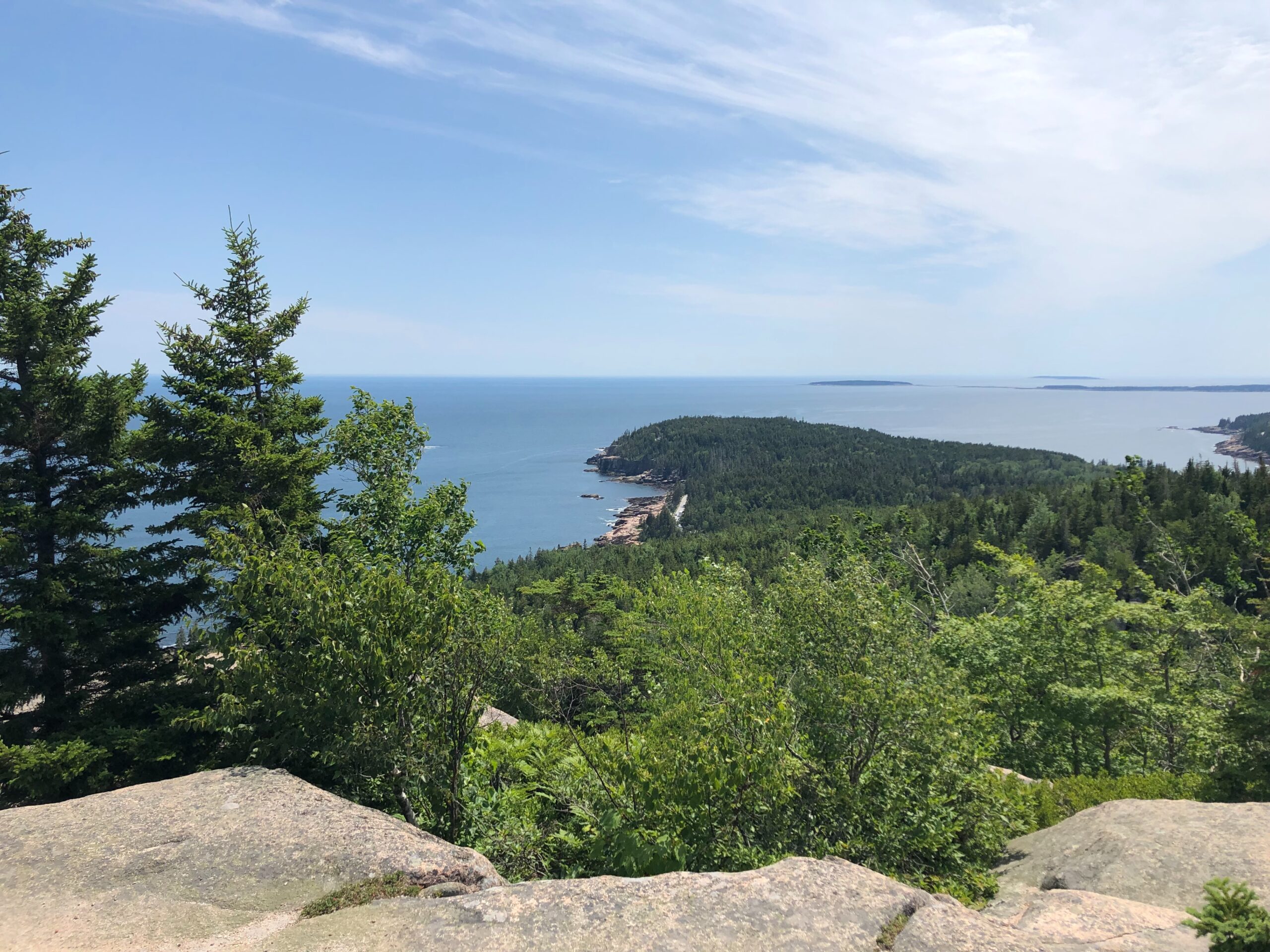Questions We’re Asking This Week: The Maine Edition

Heron has had a long history in Maine, with some of our oldest partnerships with groups like Coastal Enterprises dating back to our early days as a foundation, over 27 years ago. Although we took a step back from community work for a few years to focus on rotating our portfolio, we always had our eye on Maine as a community in transition.
In 2018, we met Phil Walsh of Maine Initiatives through the BALLE Foundation Circle (BALLE has since rebranded as Common Future). We were intrigued by Maine Initiative’s innovative take on philanthropy, which focuses on a participatory process of engaging the community in deciding how to fund its own solutions to its needs, and we wondered whether this type of innovation was a result of something specific to Maine.
From there, we started to do some research. What we learned was that Maine appears, on paper, to be a relatively prosperous place. In 2018, Maine boasted a poverty rate of 11.6%, slightly lower than 11.8% nationally. Maine is also extremely rich in natural capital, with over 90% of the land as forest area, which helped the prosperity of the local forestry and paper mill industries for decades.
Despite this glowing picture at the state-level, the population of Maine suffers from economic disparities partly because of its extremely rural nature. Many areas, particularly in the north and east, suffer from higher rates of poverty and unemployment than the national average, inconsistent infrastructure, high rates of homelessness and food insecurity, and inadequate access to healthcare. These issues are compounded by the fact that Maine has the oldest population in the United States and struggles to keep younger, working adults in-state. In addition, climate change has caused Maine’s waters to warm faster than 99% of the world’s other oceans, which is drastically changing the characteristics of its seafood industries. Similarly, the decline of the paper mill industry has greatly impacted Maine’s heavily forested communities, further highlighting Maine’s economic vulnerability due to its history of dependence on natural resources.
With all of this in mind, we have started asking the following questions:
- What could a transitional economy look like for a community that has historically been so dependent on depleting its natural resources?
- Is Maine unique in its dependence on extracting natural capital to produce financial capital?
We have started to ask these questions of our partners and we have been engaging with other community leaders, organizations, and experts in the field. As we continue to learn, let us know what you think in the comments below.